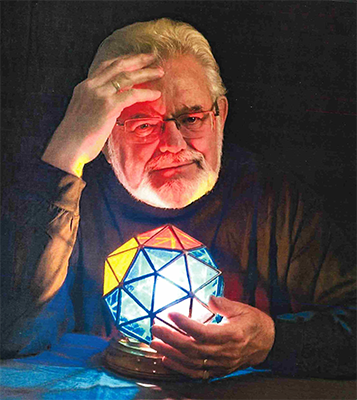Learn From Our Latest Blogs
Aug 30, 2023
Aug 25, 2023
Jul 21, 2023
Aug 30, 2023
Aug 25, 2023
Jul 21, 2023





